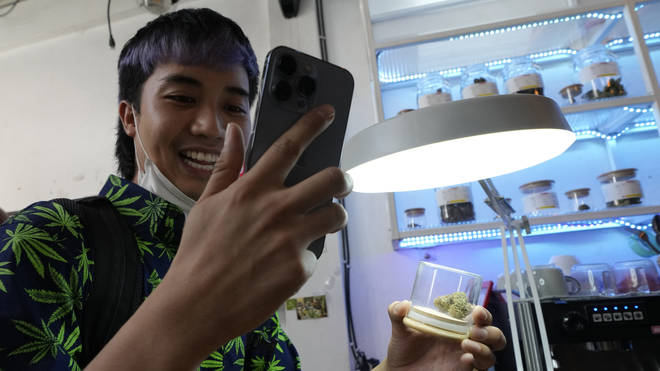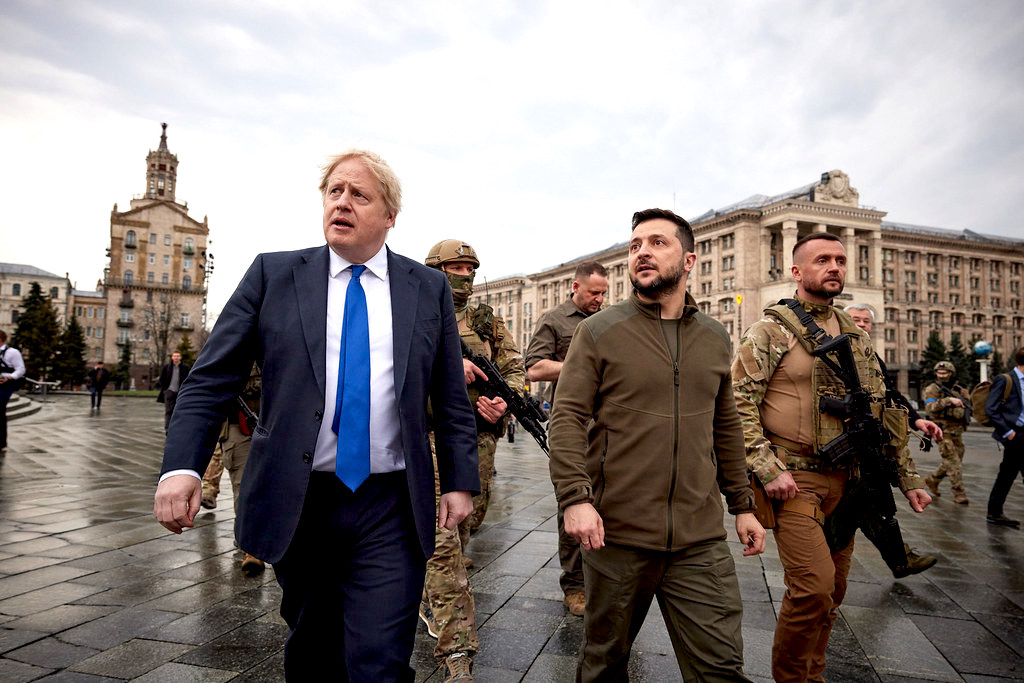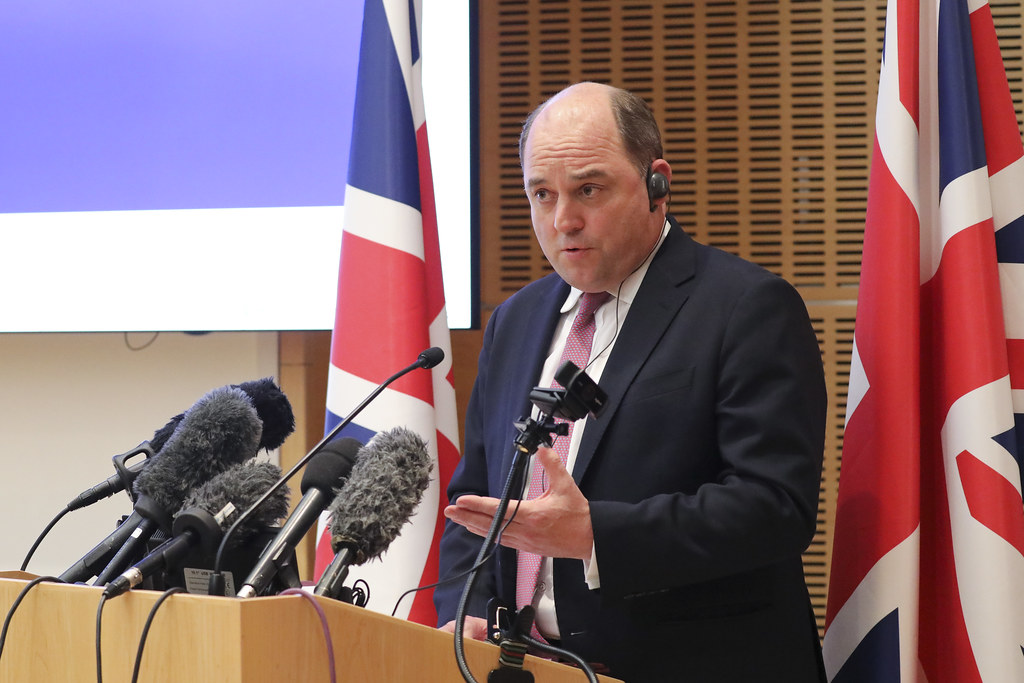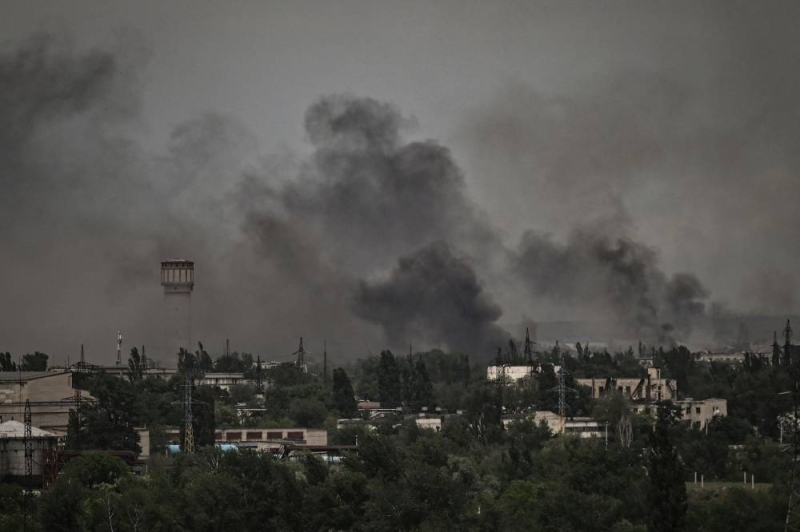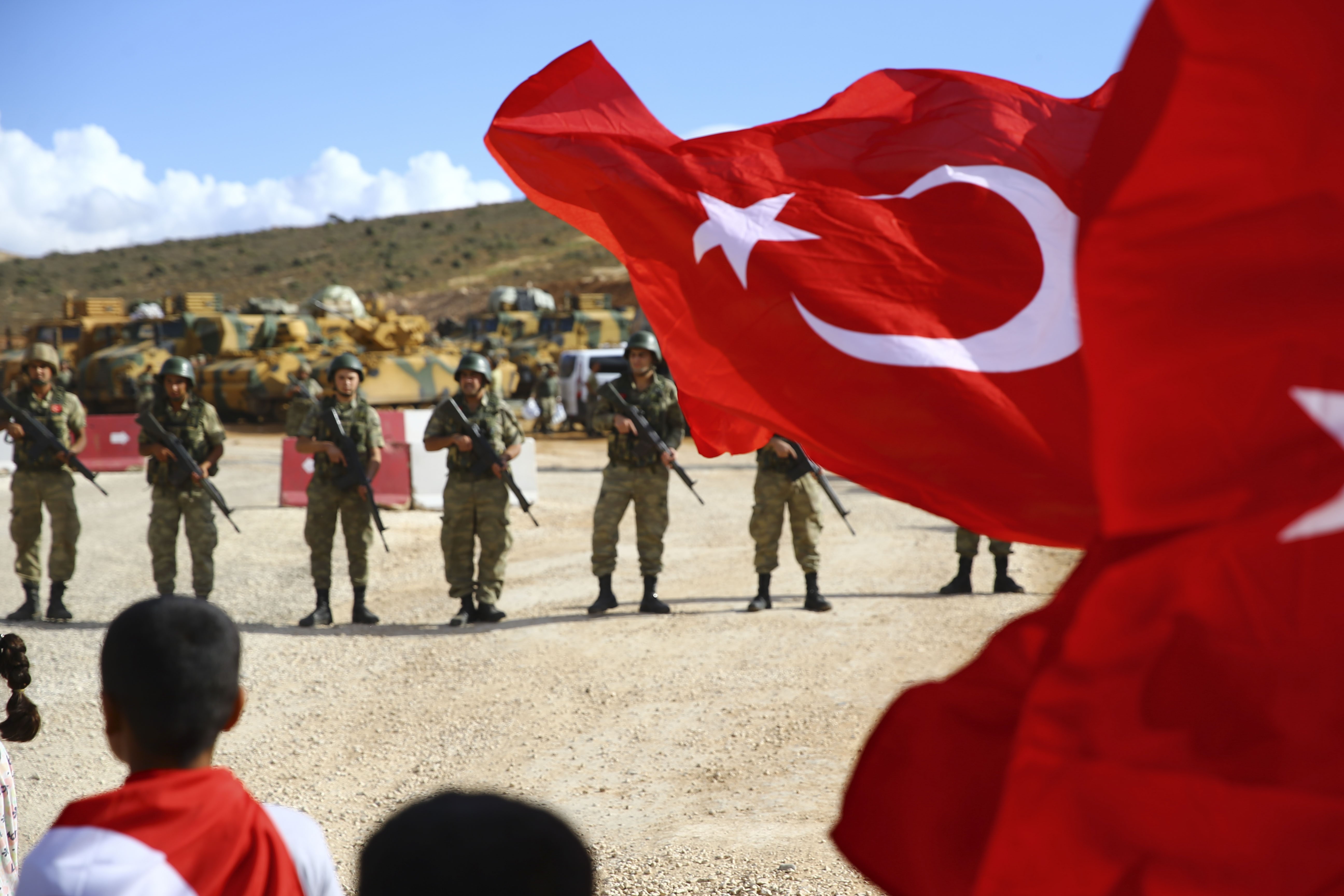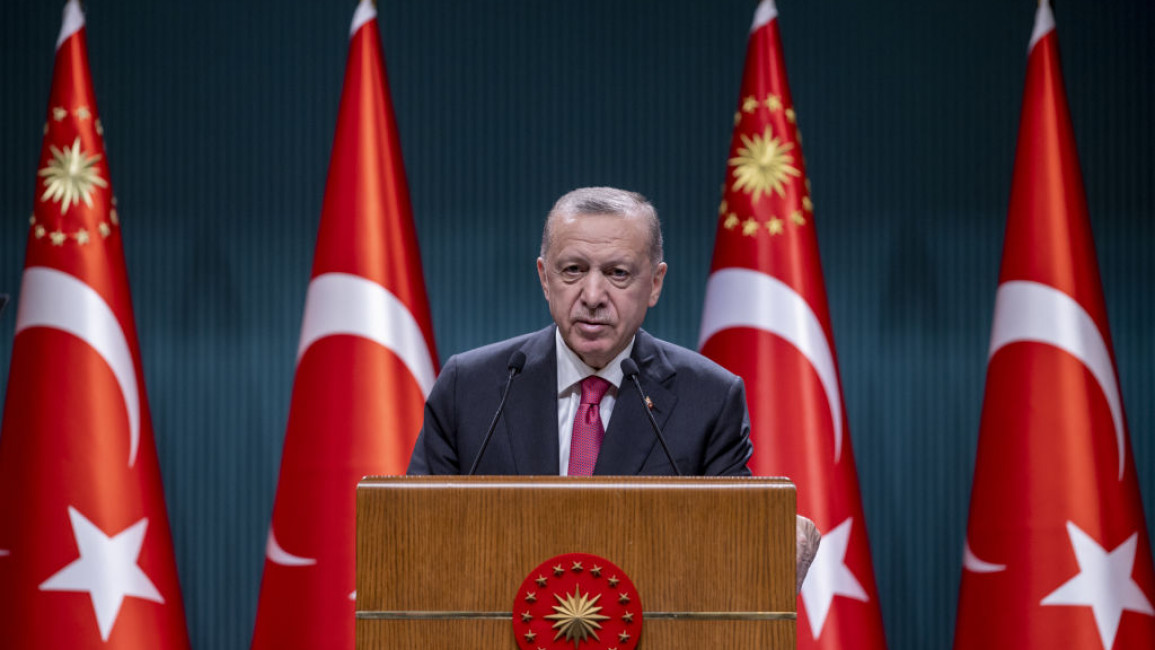LYSYCHANSK, June 9 — Ukrainian soldiers in Severodonetsk are fighting “one of the most difficult” battles against Russian troops since the start of the war, President Volodymyr Zelensky said, adding the fate of the whole Donbas region rests in the eastern city.
Moscow’s forces are concentrating their firepower on the strategically important industrial hub as part of efforts to capture a swathe of eastern Ukraine.
After days of raging street battles, Ukrainian officials conceded that Russian troops control a large part of Severodonetsk, and that their forces might have to pull back due to constant shelling.
In his evening address to the nation, Zelensky said the battle for the city was “very fierce... very difficult. Probably one of the most difficult throughout this war.
“In many ways, the fate of our Donbas is being decided there.”
After being repelled from Kyiv and other parts of Ukraine following their February invasion, Russian President Vladimir Putin’s troops have refocused their offensive on the Donbas region, comprising Lugansk and Donetsk.
The cities of Severodonetsk and Lysychansk, which are separated by a river, were the last areas still under Ukrainian control in Lugansk.
Lysychansk is still in Ukrainian hands but under fierce Russian bombardment.
At the United Nations, Secretary-General Antonio Guterres added his voice to increasingly dire warnings about the conflict’s impact.
“For people around the world, the war is threatening to unleash an unprecedented wave of hunger and destitution, leaving social and economic chaos in its wake,” he said.
Little progress on grain
At talks in Ankara, Russia and Turkey made little headway in striking a deal to secure safe passage for grain exports stuck in Ukraine due to a Russian sea blockade.
At the request of the United Nations, Turkey has offered its services to escort maritime convoys from Ukrainian ports, despite the presence of mines — some of which have been detected near the Turkish coast.
“We are ready to do this in cooperation with our Turkish colleagues,” Russian Foreign Minister Sergei Lavrov told reporters in Ankara.
Kyiv said it would not demine waters around the Black Sea port of Odessa to allow grain exports, citing the threat of Russian attacks on the city.
Lavrov’s Turkish counterpart Mevlut Cavusoglu called Russian demands for an end to sanctions to help grain onto the world market “legitimate”.
“If we need to open up the international market to Ukrainian grain, we see the removal of obstacles standing in the way of Russia’s exports as a legitimate demand,” he said.
But Kyiv, which was not represented at the Ankara talks, pushed back against claims that Western sanctions on Moscow had sent prices soaring.
“We have been actively communicating, the president and myself, about the true cause of this crisis: it is Russian aggression, not sanctions,” Ukraine’s Foreign Minister Dmytro Kuleba said.
Before the war, Ukraine was a major exporter of wheat, corn and sunflower oil. Russia’s blockade has been blamed for contributing to soaring prices, stoking fears of a looming food crisis in poor countries.
As he hosted Mediterranean ministers for talks on the global food crisis, Italian Foreign Minister Luigi Di Maio warned “millions” could die unless Russia unblocked Ukraine’s ports.
But Kremlin spokesman Dmitry Peskov rejected suggestions that grain stuck in Ukrainian ports was fuelling the problem.
“As far as we know, there is much less grain than the Ukrainians say. There is no need to exaggerate the importance of these grain reserves,” he told reporters.
‘Bombings every day’
Severodonetsk appeared close to being captured just days ago but Ukrainian forces launched counterattacks and managed to hold out, despite warnings they were outnumbered by superior forces.
About 800 civilians trapped by the fighting have taken refuge in the city’s Azot chemical factory in the city, according to the lawyer of a Ukrainian tycoon whose company owns the facility.
Ukrainian authorities have yet to confirm the report.
The situation was also increasingly desperate in other parts of the Donbas.
In the city of Bakhmut, an unoccupied school building was reduced to a smouldering wreck after being shelled Wednesday, with burnt books visible among the rubble, according to AFP journalists. No injuries or deaths were reported.
In Severodonetsk’s twin city Lysychansk, residents who had chosen to stay were facing fierce Russian bombardments.
“Every day there are bombings and every day something burns. A house, a flat... And there is nobody to help me,” 70-year-old Yuriy Krasnikov told AFP.
“I tried to go to the city authorities, but nobody’s there, everyone has run away.”
There was some rare good news for Ukraine, as their football side clinched a 1-0 Nations League victory over the Republic of Ireland on Wednesday.
The victory — thanks to a free kick from Viktor Tsygankov — lifted the country’s spirits after their painful failure to qualify for the World Cup. — AFP



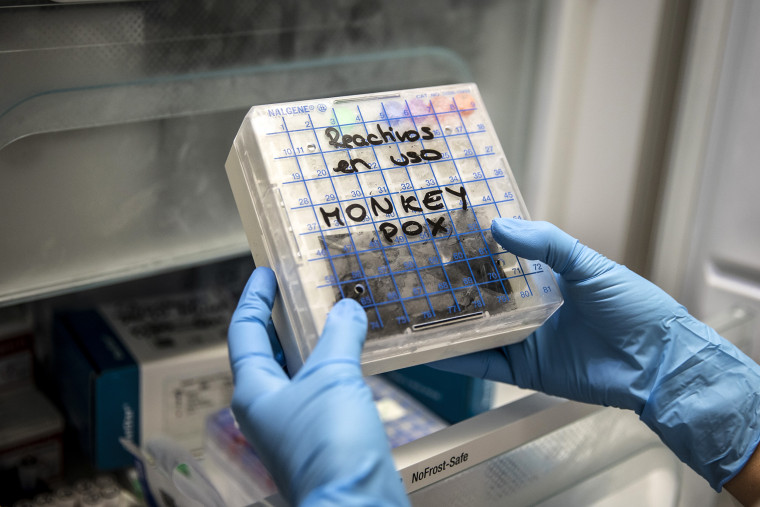 A medical laboratory technician picks up a reactive agent to test suspected monkeypox samples Sunday at the microbiology laboratory of La Paz Hospital in Madrid.Pablo Blazquez Dominguez / Getty Images
A medical laboratory technician picks up a reactive agent to test suspected monkeypox samples Sunday at the microbiology laboratory of La Paz Hospital in Madrid.Pablo Blazquez Dominguez / Getty Images

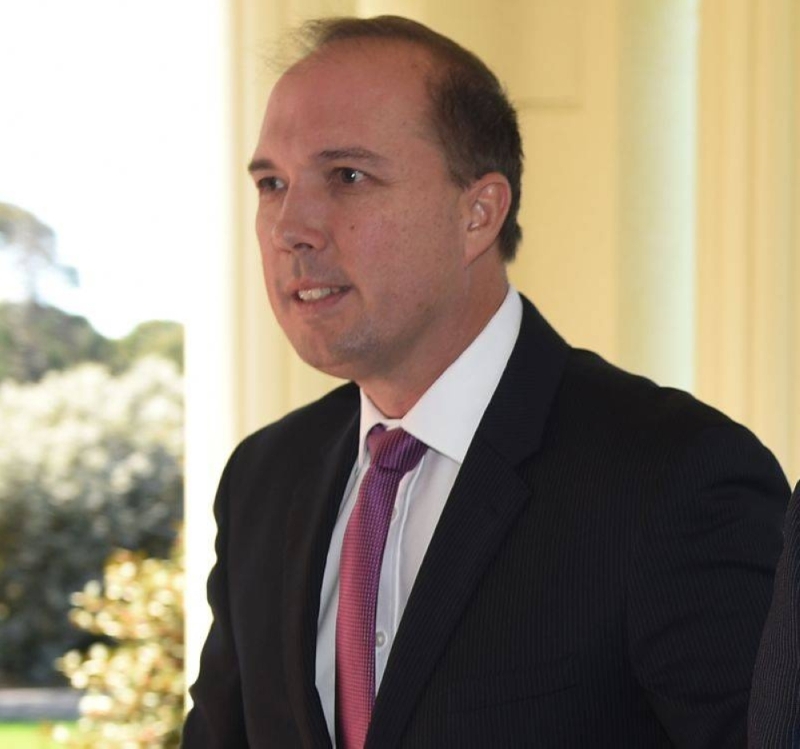
.png)

